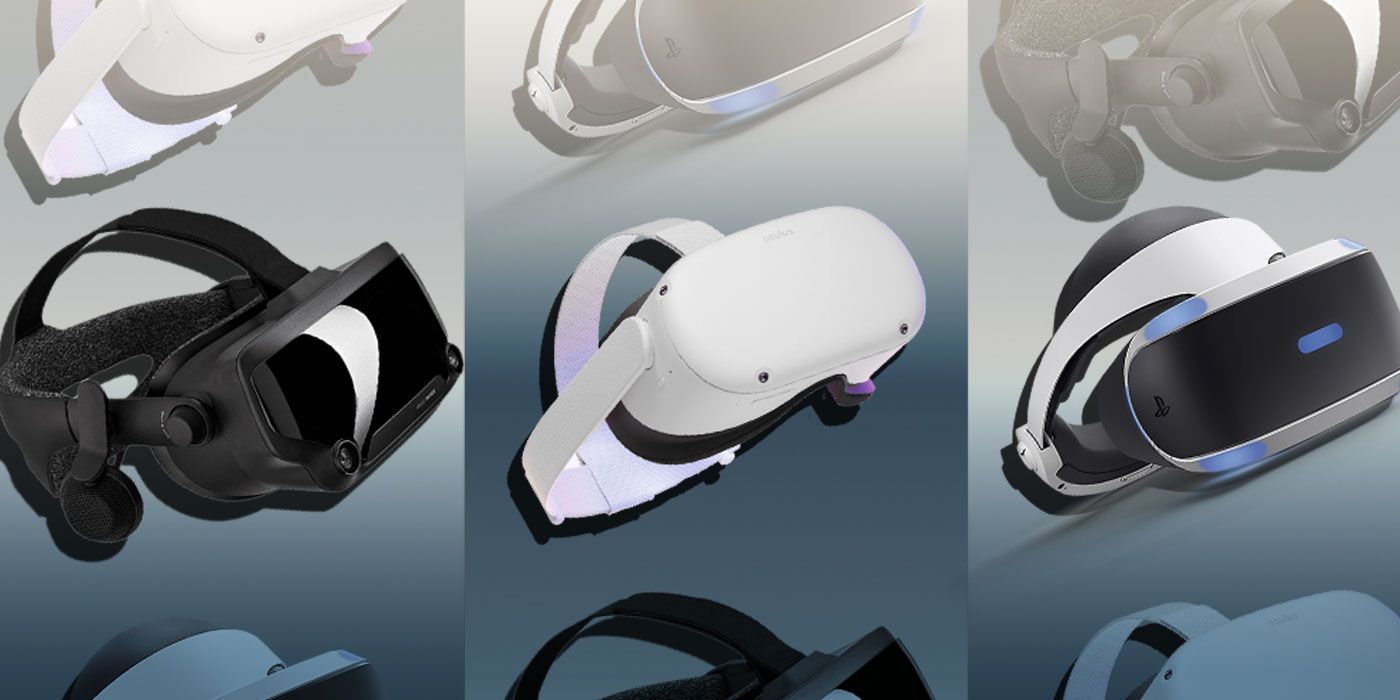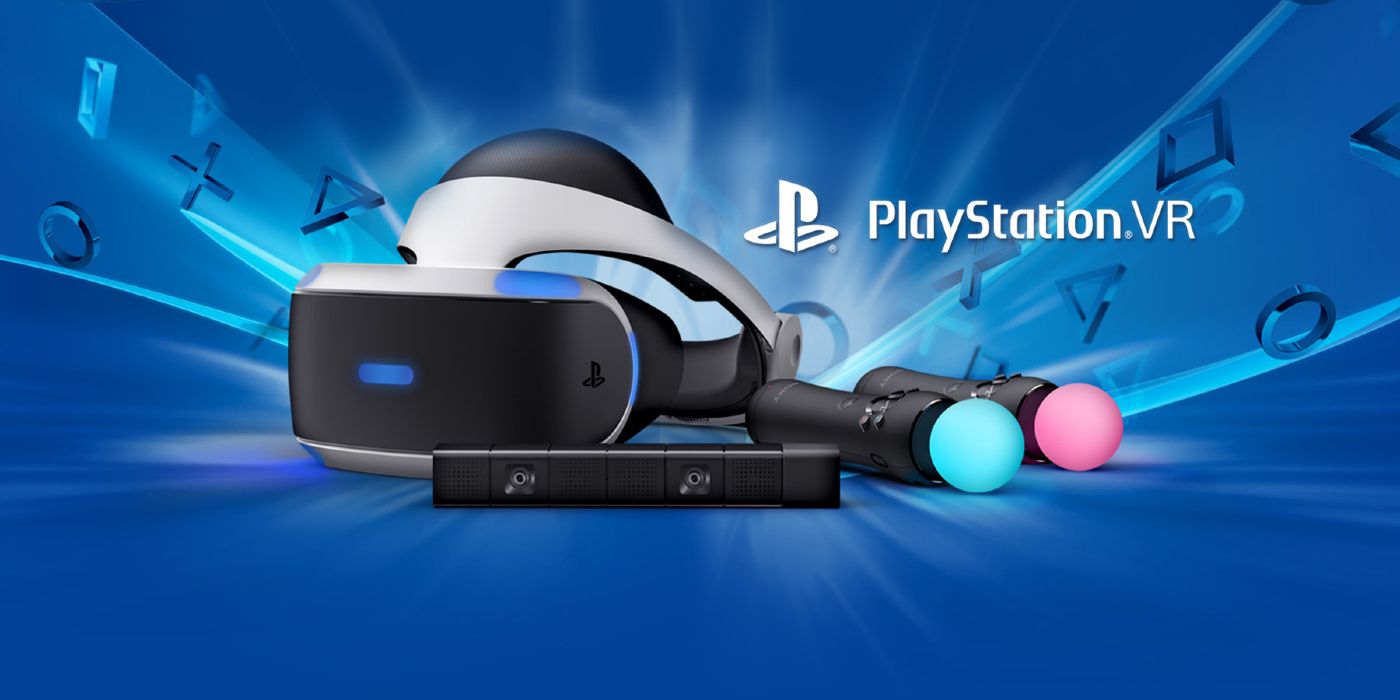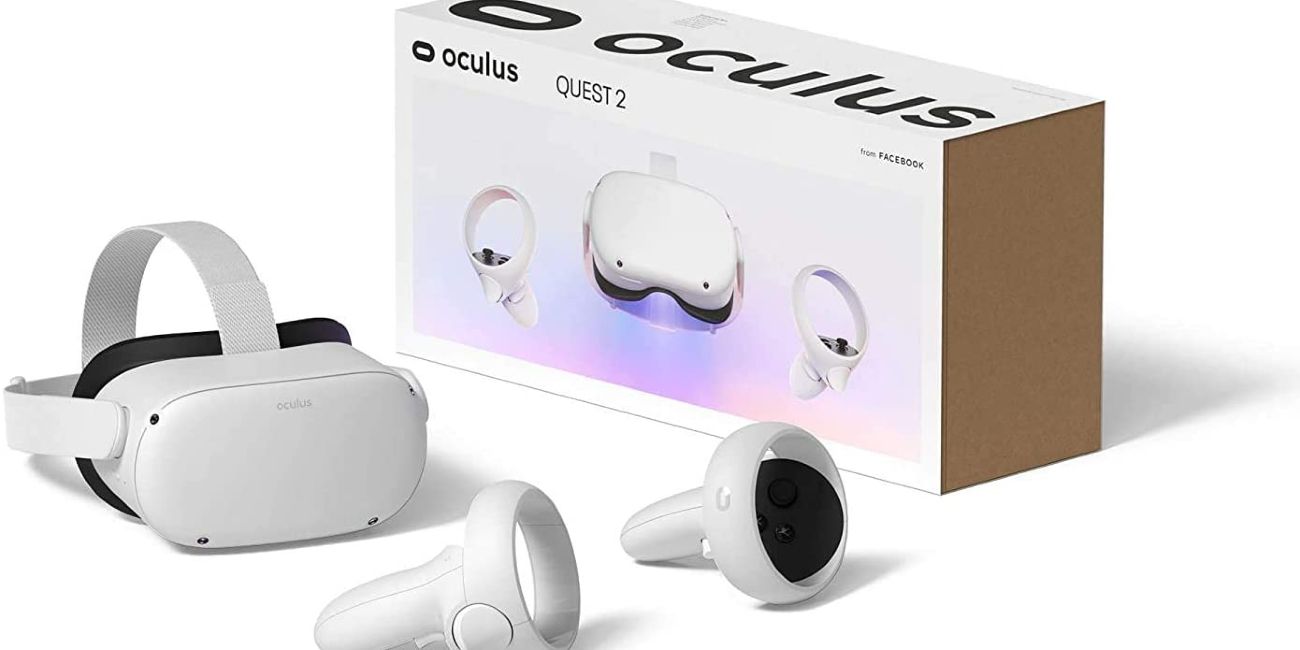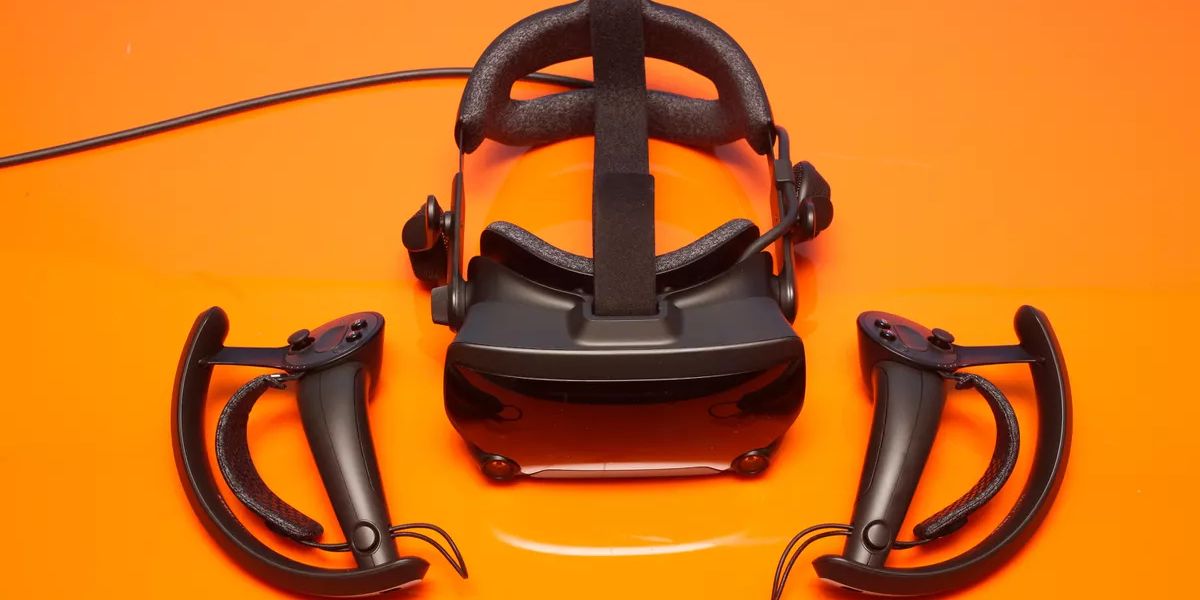Virtual Reality is still very much the wild frontier of the gaming industry. From far-fetched dreams to competitively-priced reality, VR went from being things of players' imaginations to something attainable with modern hardware over the last half-decade -- and it hasn't stopped evolving.
VR has undergone several drastic transformations over the years, evolving beyond the needs for suits or rooms full of sensors. Nowadays, there are several brands of VR headsets, and each one has its own take on the blossoming hardware. Valve, Facebook and Sony each have a weighty claim in the current VR market, but which headset is right for you?
PlayStation VR - $349
Sony offers the PlayStation VR as one of the most casual entry points. The PSVR works with either PlayStation 4 or PlayStation 5, though PS5 VR players will require a little help from Sony to get it up and running. The great convenience of the PSVR is that it works with a console many already have, keeping pricey custom-built PCs out of the picture.
Overall, the PSVR has been received well and proves that console hardware is more than capable of delivering a solid VR experience. That said, it does get harder to justify its convenience over its competitors. The set-up itself is becoming more difficult to find, with only the Iron Man VR package readily available from Sony's website. Additionally, a new PSVR has already been confirmed as in the works, though there's no release date or window.
Oculus Quest 2 - $299
Facebook's Oculus Quest 2 is a fierce competitor among its peers. Starting at just $299, it surpasses its peers in terms of cost-to-performance. The Oculus Quest 2 also bolsters one other defining trait: it doesn't require pesky sensors or wires. This headset can also work with or without a PC. Of course, performance is always better with a wired set-up, but it's not something players have to do.
For a majority of PC players, the Oculus Quest 2 is the perfect VR headset choice. It doesn't require a high-end PC to enjoy, offers one of the best VR experiences when tethered to a PC and won't break the bank. Despite all these merits, a few considerations to keep in mind are that signing in with a Facebook account is now required, and while possible, getting the hardware working with Steam can be a bit of a chore.
Valve Index - $999
The Valve Index is the highest-end option for PC players, but it offers by far the best, most immersive experience. Valve's VR option still requires a tethered connection to a PC and sensors, but it allows for full-room, high-resolution VR gaming. Its controllers steal the show, allowing for tracking of individual finger movement. It's also worth noting that the Index works seamlessly with Steam, which houses a massive library of VR titles.
Players can purchase the Valve Index in a few different packages, but for a complete set-up, interested players should prepare to spend $999. This price of entry is the Index's most significant hurdle. However, for those who are looking for the best possible, highest quality set-up to match an equally powerful PC -- and are willing to pay for it -- then Valve's Index is worth it.




